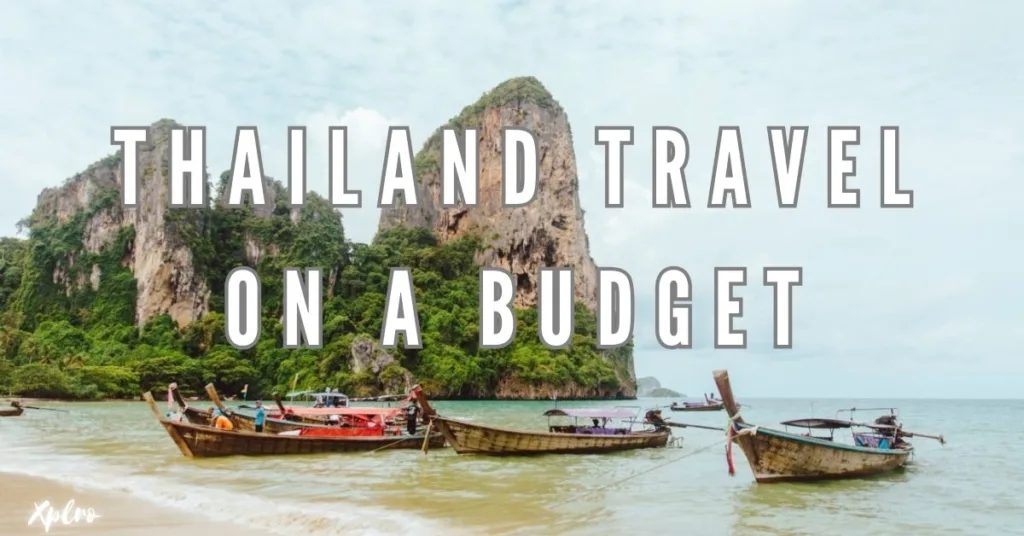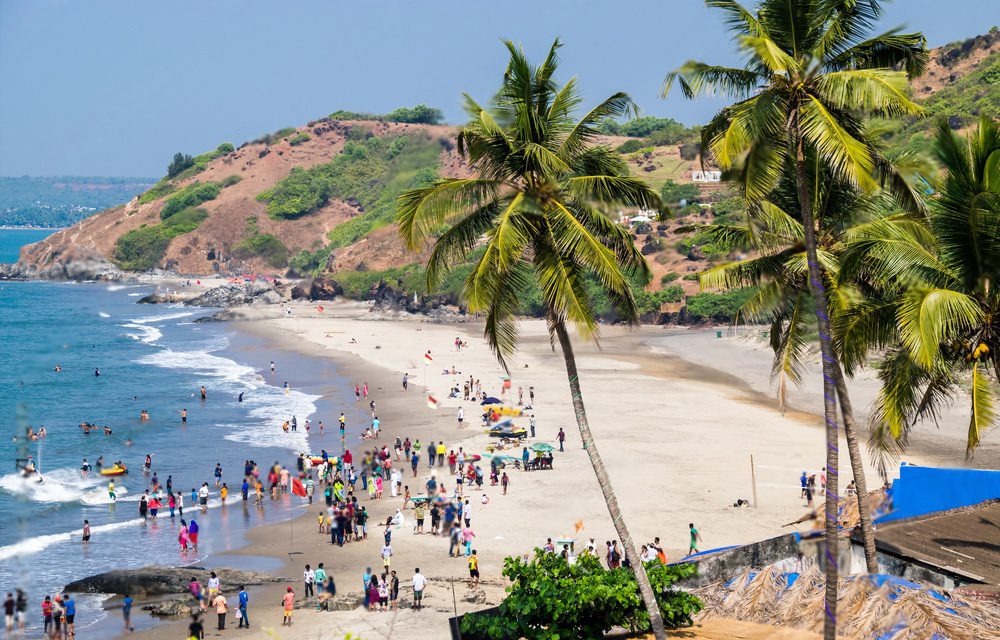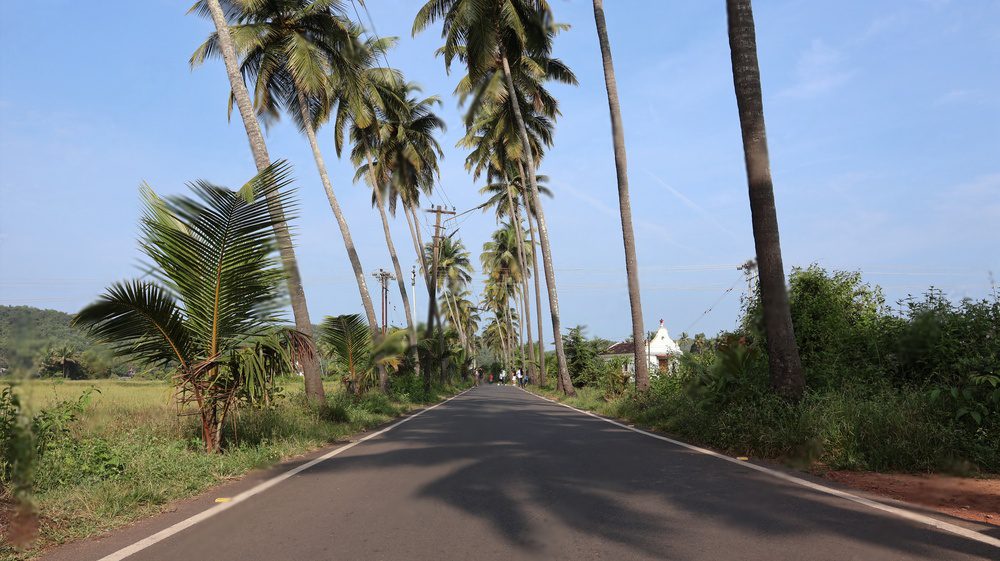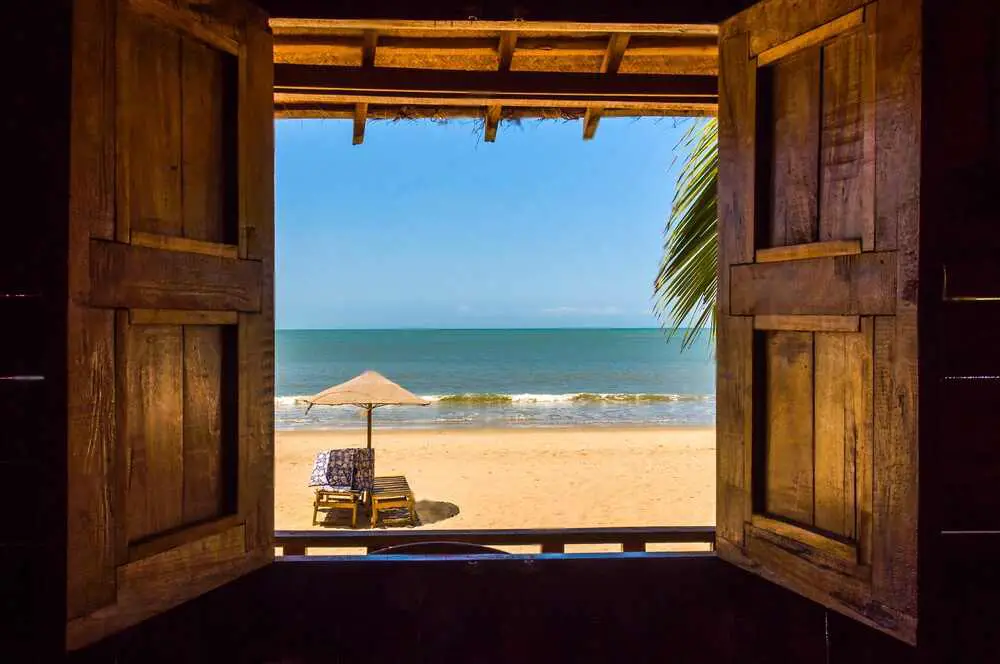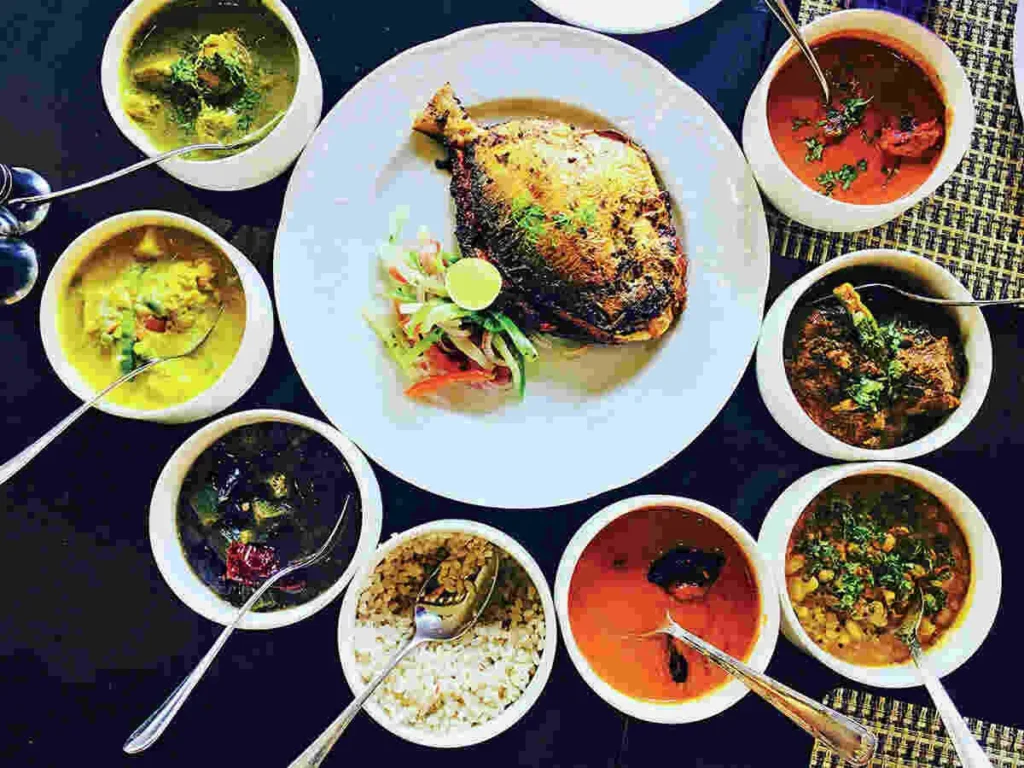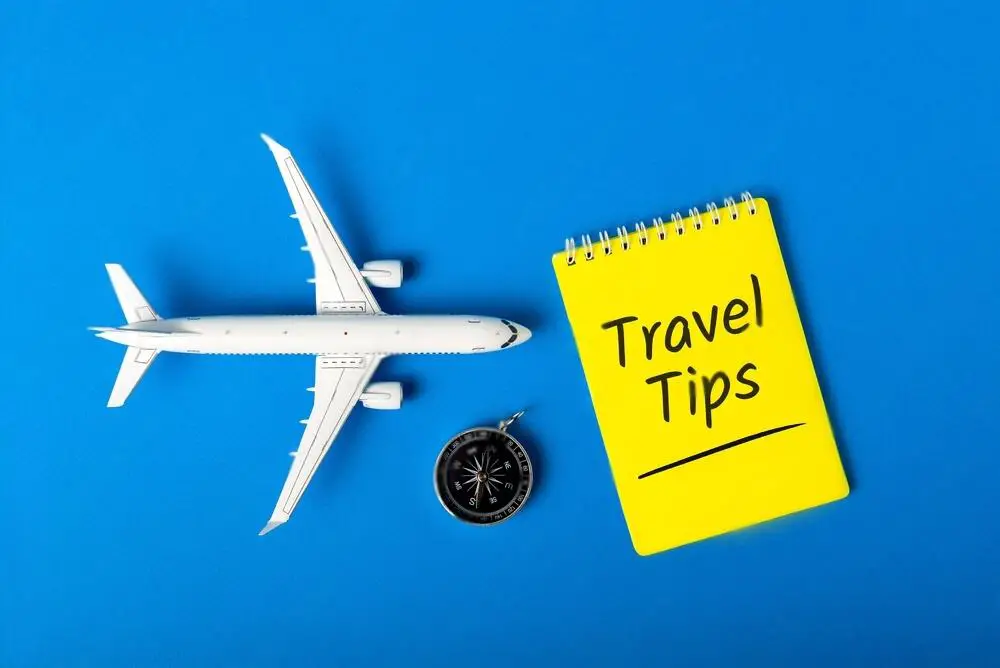Thailand Travel on a Tight Budget; Thailand, a land of stunning beaches, vibrant cities, and rich culture, is a dream destination for many travelers. The best part? It’s surprisingly affordable! With careful planning and a few insider tips, you can explore this beautiful country without breaking the bank. Here’s your ultimate guide to budget travel in Thailand.
1. Plan Your Trip During the Off-Season


While the peak tourist season in Thailand is from November to February, you can save a significant amount of money by visiting during the off-season, which is from June to October.
Why Off-Season?
- Lower Prices: Hotels, flights, and tours are much cheaper during this period.
- Fewer Crowds: You’ll have more space to explore popular attractions and beaches.
Things to Consider:
- Monsoon Season: Be prepared for occasional rain showers. Packing a raincoat and planning your activities accordingly can help you make the most of your trip.
2. Budget-Friendly Accommodation Options
Accommodation is often a major expense for travelers, but Thailand offers a wide range of affordable options to suit every budget.
- Hostels and Guesthouses: These are popular choices for budget travelers, with dorm rooms starting as low as $5-$10 per night in cities like Bangkok and Chiang Mai.
- Homestays and Local Inns: For a more authentic Thai experience, consider staying in a homestay or a local inn. These often offer budget-friendly rates and a warm, welcoming atmosphere.
Tips for Saving on Accommodation:
- Book in Advance: Especially during peak season, booking your accommodation in advance can help you secure the best deals.
- Choose Locations Wisely: Staying in areas with good public transportation can save you money on transportation costs.
3. Eat Like a Local
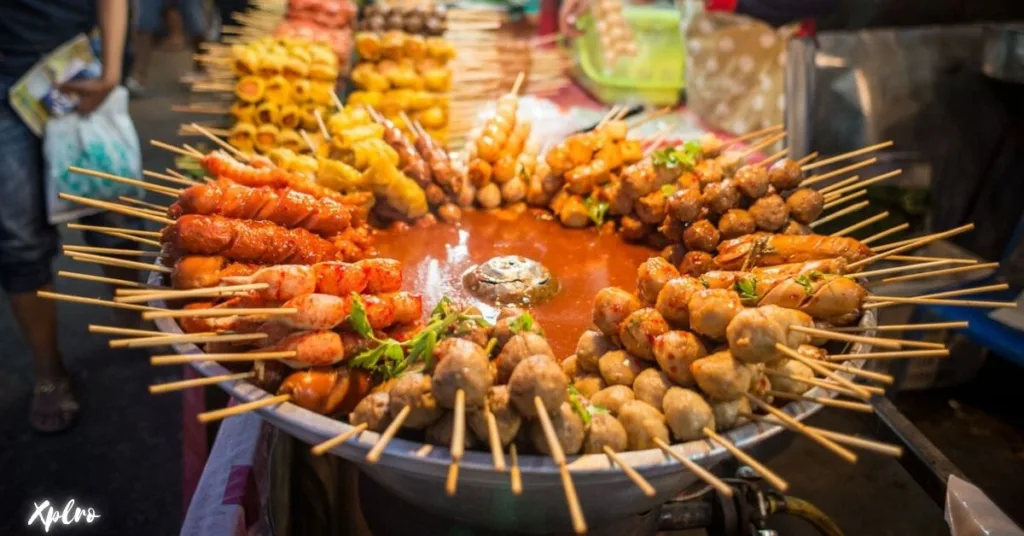

Thailand is a food lover’s paradise, and you don’t have to break the bank to enjoy its delicious cuisine.
- Street Food: Indulge in mouthwatering street food, where meals can cost as little as $1-$2. Must-try dishes include Pad Thai, Som Tum (papaya salad), and Mango Sticky Rice.
- Local Markets: Explore local markets like Chiang Mai’s Sunday Walking Street for a variety of affordable food and snacks.
- Avoid Tourist Traps: While it’s tempting to dine in restaurants in tourist areas, they often come with higher price tags. Instead, venture into neighborhoods frequented by locals to discover authentic and affordable eateries.
4. Use Public Transportation
Getting around Thailand doesn’t have to break the bank. Here are some budget-friendly transportation options:
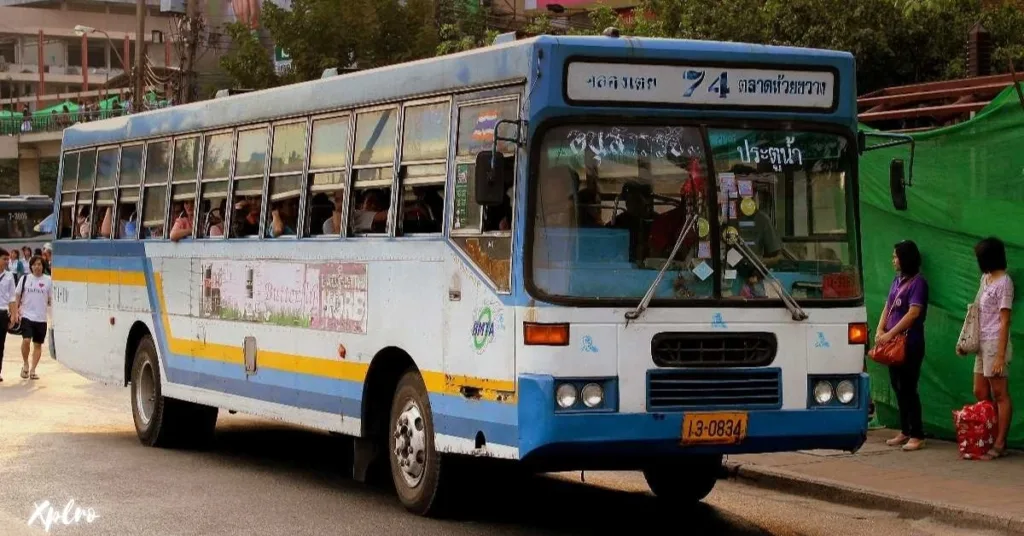

- Public Transportation: Local buses and trains are incredibly cheap and offer a unique way to experience Thai culture.
- Tuk-Tuks and Songthaews: While these can be fun, be sure to negotiate the fare before getting in. Songthaews, or shared taxis, are a more economical option.
- Ride-Sharing Apps: Use the Grab app to book affordable rides, especially in major cities.
5. Choose Budget-Friendly Destinations
Some regions in Thailand are more budget-friendly than others. Consider these affordable destinations:
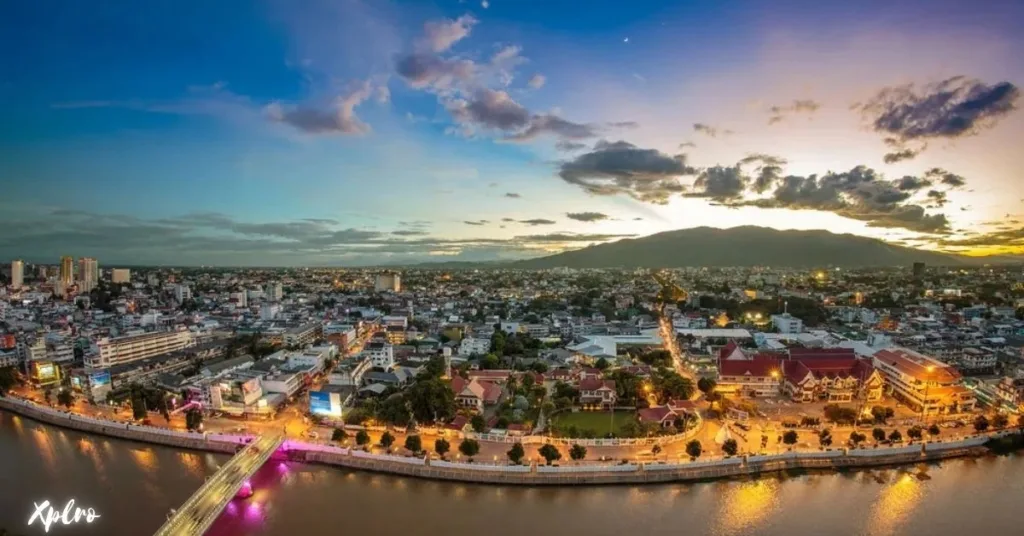

- Chiang Mai: This charming city offers a wealth of cultural attractions, bustling night markets, and affordable guesthouses.
- Pai: A laid-back town surrounded by stunning natural beauty, Pai is a perfect destination for budget travelers seeking tranquility and adventure.
- Koh Chang: A less touristy island compared to Koh Samui or Phuket, Koh Chang offers cheaper accommodations and a more authentic island experience.
6. Save on Attractions and Activities
Many of Thailand’s iconic attractions are free or low-cost:
- Free Temples: Visit stunning temples like Wat Phan On in Chiang Mai or Wat Saket (Golden Mount) in Bangkok without spending a dime.
- Discounted Tours: Book tours through local operators to get better deals and support local businesses.
- DIY Exploration: Rent a bike or scooter for around $5-$10 a day to explore at your own pace and discover hidden gems.
7. Shop Smart at Local Markets
Thailand’s markets are a shopper’s paradise, offering a wide range of souvenirs, clothing, and handicrafts.
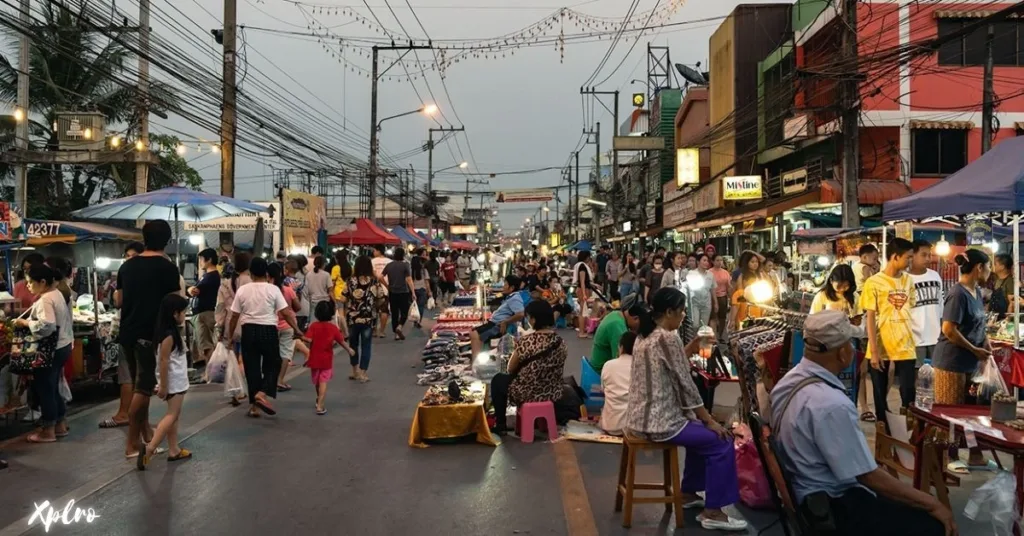

- Haggle Wisely: Bargaining is a common practice in Thai markets. Start low and be respectful during negotiations.
- Avoid Tourist Areas: Markets like Chatuchak Weekend Market in Bangkok offer better deals and a more authentic shopping experience than high-end malls.
8. Stick to a Daily Budget
To avoid overspending, set a daily budget based on your travel style:
- Backpackers: Aim for a budget of $20-$30 per day.
- Budget Travelers: A budget of $30-$50 per day should be sufficient.
Consider using budgeting apps like Trail Wallet or TravelSpend to track your expenses and stay on track.
9. Use Budget Airlines and Public Ferries
Traveling between cities and islands in Thailand doesn’t have to be expensive. Here are some budget-friendly options:
- Budget Airlines: Take advantage of low-cost domestic flights offered by airlines like AirAsia and Nok Air.
- Overnight Travel: Save on accommodation costs by opting for overnight buses or trains. This is a popular choice for journeys between Bangkok and Chiang Mai or Surat Thani.
- Ferries: When traveling between islands, choose public ferries over private speedboats to save money.
10. Avoid Unnecessary Expenses
Cutting back on non-essential expenses can significantly stretch your budget. Here are a few tips:
- Local SIM Cards: Purchase a local SIM card with data for around $10-$15 to stay connected without hefty roaming charges.
- Do-It-Yourself Laundry: Use local laundromats instead of hotel laundry services to save money.
- ATM Fees: Limit your ATM withdrawals, as Thai ATMs often charge fees. Consider exchanging currency at exchange booths, which often offer better rates.
Sample 7-Day Budget Itinerary for Thailand
Here’s a suggested itinerary for a week-long budget trip to Thailand:
Days 1-2: Bangkok
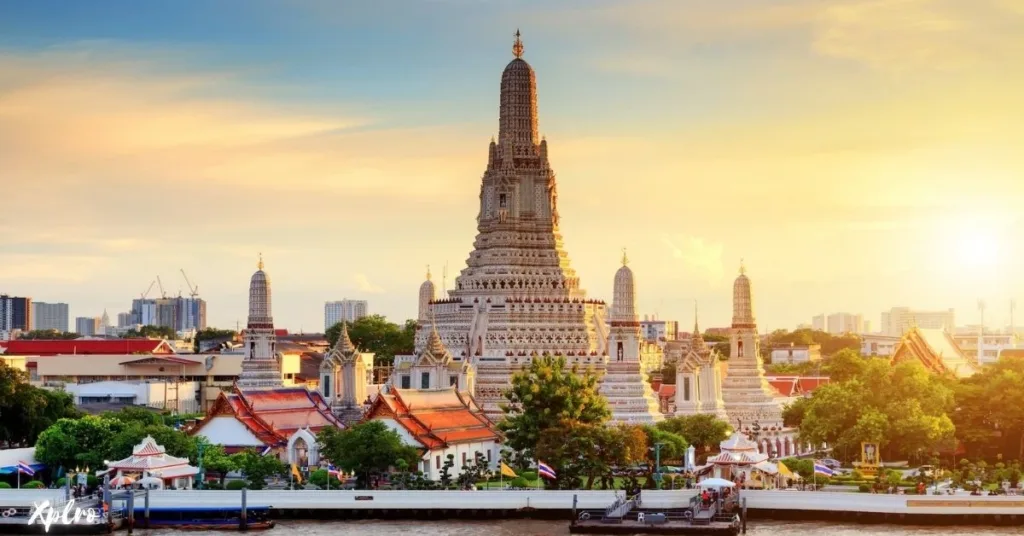

- Explore the Grand Palace and Wat Pho: Immerse yourself in Thai history and culture at these iconic temples.
- Wander through the bustling street food markets: Indulge in delicious and affordable Thai cuisine.
- Use public transportation: Take advantage of Bangkok’s efficient Skytrain and MRT to save money.
Days 3-4: Chiang Mai


- Visit Wat Phra That Doi Suthep: Hike up to this stunning temple for panoramic views of the city.
- Explore the vibrant Sunday Walking Street market: Shop for souvenirs, try local delicacies, and experience the lively atmosphere.
- Take a cooking class: Learn to cook authentic Thai dishes and impress your friends and family back home.
- Trek through the Doi Suthep-Pui National Park: Enjoy nature walks and breathtaking scenery.
Days 5-7: Koh Chang


- Relax on beautiful beaches: Spend your days sunbathing, swimming, and snorkeling on the pristine beaches of Koh Chang.
- Explore the island on a rented scooter: Discover hidden coves, waterfalls, and charming villages.
- Visit the picturesque Klong Plu Waterfall: Take a refreshing dip in the cool waters.
Additional Tips: Thailand Travel on a Tight Budget
- Book accommodations in advance: This can help you secure the best deals.
- Travel during the off-season: Avoid peak tourist season to save money on flights and accommodations.
- Pack light: This will make it easier to get around and save on baggage fees.
- Be mindful of your budget: Set a daily budget and stick to it.
By following these tips and the suggested itinerary, you can experience the best of Thailand without breaking the bank.
Conclusion
Thailand, a land of stunning beaches, vibrant cities, and rich culture, is a dream destination for many travelers. But what if you’re traveling on a tight budget? The good news is that Thailand is one of the most affordable destinations in the world. With smart planning and a few insider tips, you can explore this beautiful country without breaking the bank. Here’s your ultimate guide to traveling Thailand on a budget, brought to you by Xplro.com, your go-to resource for budget-friendly adventures.
FAQs
- 1. Is Thailand a budget-friendly destination?
- Yes, Thailand is widely recognized as one of the most affordable travel destinations in the world. Travelers can explore its beautiful beaches, bustling cities, and cultural landmarks without spending too much. With low-cost accommodation, affordable street food, and budget-friendly transport options, a trip to Thailand can be managed for as little as $20–$50 a day, depending on your spending habits.
2. What is the cheapest time to visit Thailand?
- Traveling to Thailand during the off-season, which runs from June to October, can save you a lot of money. During this time, flight tickets, hotel rates, and even tours are significantly cheaper. While this period coincides with the monsoon season, the rain usually comes in short bursts, leaving plenty of time for sightseeing and activities.
3. How much should I budget for daily expenses in Thailand?
- The amount you need to budget daily depends on your travel style. For those sticking to basic accommodations, street food, and public transport, $20–$30 per day is sufficient. Travelers seeking more comfort, such as private guesthouses and occasional restaurant meals, can expect to spend around $30–$50 daily.
4. What are the cheapest places to stay in Thailand?
- Thailand offers numerous affordable accommodation options. Backpackers often stay in hostels, where dorm beds start at $5–$10 per night. Guesthouses, which provide private rooms at slightly higher rates, are another great choice, especially in destinations like Chiang Mai, Pai, and Koh Chang, where prices are lower compared to major cities like Bangkok or Phuket.
5. How can I save on food costs in Thailand?
- To save on meals, consider dining at street food stalls where you can enjoy flavorful dishes like Pad Thai or green curry for just $1–$2. Local markets also offer fresh fruit and snacks at low prices. It’s best to avoid eating at restaurants in heavily touristed areas, as they tend to be more expensive than eateries frequented by locals.
6. What’s the cheapest way to get around Thailand?
- The most affordable way to travel within Thailand is by using public transportation. Local buses and trains are cost-effective and provide an authentic travel experience. In cities, tuk-tuks and shared taxis, known as songthaews, are budget-friendly, especially when you negotiate fares in advance. For convenience and affordability, the Grab app is another reliable option for getting around major cities.
7. How do I save money on flights to Thailand?
- Booking your flights well in advance, preferably two to three months before your trip, can help you secure the best deals. Budget airlines like AirAsia or Scoot often have competitive prices, especially for domestic flights within Thailand. Consider using flight comparison websites to find the lowest fares, and if possible, fly into secondary airports like Chiang Mai instead of popular hubs like Bangkok.
8. Are there free activities to do in Thailand?
- Yes, there are plenty of free things to do in Thailand. Many temples, such as Wat Phan On in Chiang Mai, do not charge an entry fee. You can also explore vibrant local markets or take a leisurely stroll through public parks. In cities like Bangkok, wandering through cultural areas like Chinatown provides an enriching experience without costing a dime.
9. How can I save money on attractions?
- To save on attractions, it’s better to book tours through local operators rather than international travel agencies, as the prices are more reasonable. Alternatively, many attractions can be explored independently. For example, renting a bike or scooter for around $5–$10 a day lets you visit nearby sights at your own pace and at a lower cost.
10. Are budget airlines reliable in Thailand?
- Budget airlines in Thailand, such as AirAsia, Nok Air, and Thai Lion Air, are generally reliable and offer affordable options for domestic travel. They maintain a good track record for punctuality and service. To get the best prices, book your tickets early and be mindful of luggage restrictions, as extra baggage fees can add up.
11. What should I avoid spending money on in Thailand?
- To stick to a tight budget, avoid unnecessary expenses like frequent ATM withdrawals, as most Thai ATMs charge high fees. Instead, use exchange booths that provide better currency conversion rates. Western food is often pricier than Thai dishes, so opting for local cuisine is both economical and delicious. Additionally, steer clear of overpriced souvenirs and tours in highly touristy areas.
12. Can I travel Thailand as a solo budget traveler?
- Traveling solo in Thailand on a budget is not only possible but also highly rewarding. The country is very welcoming to solo travelers, with affordable hostels offering opportunities to meet like-minded people. Public transportation is easy to navigate and reasonably priced, making it convenient to move between destinations. With its safe environment and vibrant travel community, Thailand is an ideal destination for solo adventurers.
